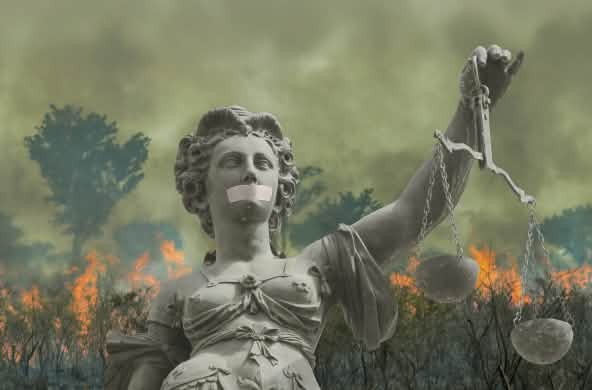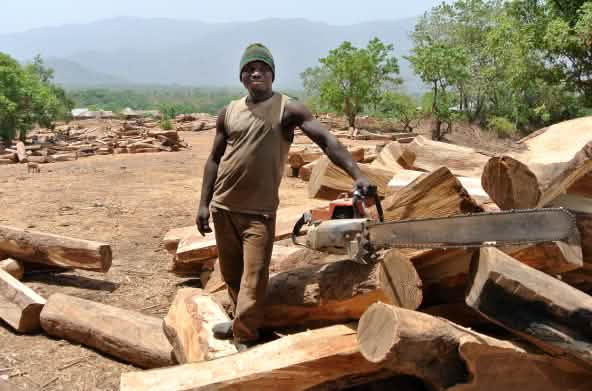Completed campaign
Cambodia: Sugar for the EU is destroying our land
Cambodia exports sugar worth millions to Europe under an EU trade deal. The initiative, which was intended to fight poverty in developing countries, has led the sugar industry to grab the land of 12,000 Cambodian small farmers and their families, leaving them destitute. Tell the EU to stop subsidizing human rights violations NOW.
To: the European Commission
“The EU subsidizes sugar from Cambodia while small farmers are being robbed of their land by the sugar industry. Tell the EU to stop supporting land grabbing.”Women and children sobbed as their huts went up in flames, but the soldiers of Battalion 313 remained ruthlessly efficient: "They burned everything – even the rice in our fields. They destroyed our homes," explained smallholder Yoeung Kheung in the wake of the land grab. The armed men were clearing the ground for Phnom Penh Sugar's new 20,000-hectare sugarcane plantations.
The villagers now live in poverty in makeshift bamboo huts near the plantation. "We barely have enough to eat," complains Yiey Loeum, an 85-year-old peasant woman.
Human rights are being trampled for sugar
Europe’s sweet tooth is responsible for the misery of people in Cambodia. The EU's "Everything but Arms" trade initiative eliminates duties and quotas for imports from least-developed countries to strengthen their economies and fight poverty. In practice, however, it has been an invitation to businesses to engage in wholesale land grabbing for plantations.
In 2008, no sugarcane was grown in Cambodia. Today, more than 100,000 hectares are dedicated to the crop. Forests and protected areas are being destroyed and thousands of smallholders and their families are being driven from their land.
Villagers often have no alternative but to work as laborers on the very plantations for which their land was stolen. They typically pull weeds and harvest sugarcane for around €2.50 a day. Children also work to help their families make ends meet.
The EU and the Cambodian government have been discussing compensation for the families since last June. This will not fix the root cause of the unfolding humanitarian crisis, but it does suggest that the EU has recognized the consequences of its policy.
Please tell the EU to reform its trade initiative and ban Cambodian sugar until the country puts an end to land grabbing and compensates its victims.
"We need a fundamental change in policy"
We spoke to Austrian author Kurt Langbein about Landraub, his new feature-length film and book documenting land grabbing worldwide. Langbein exposed how international investors often resort to violence in their massive acquisitions of fertile farmland in Asia and Africa – and how the EU is complicit in this new form of colonialism.
It's a scene that leaves the viewer speechless – 100 men and women in work uniforms standing at attention – behind them endless rows of oil palms, in front of them two men with megaphones. The workers repeat in unison after their supervisors: "I am ashamed of my mistakes. I am ashamed of being late..."
"This is straight out of military basic training," notes Langbein, who filmed this daily drill on a mega-plantation run by Cargill, an agriculture multinational, in southern Sumatra, Indonesia.
"Ten years ago this entire area was forest; now it's a vast oil palm plantation. We want to show what corporations are doing to nature and people – what happens to them when they are forced into such an unnatural plantation economy."
The film team spent two years on the road, documenting landgrabbing around the world. The documentary presents the positions of international investors and corporate insiders as well as those of the people who had their land and livelihoods stolen and are now working under conditions of virtual slavery.
In addition to the green deserts of Indonesia's oil palm plantations, the locations include the greenhouses in Ethiopia that grow premium-quality produce for rich states like Dubai. In Cambodia, agricultural corporations are responsible for torching the huts and fields of small farmers to make room for rubber plantations or sugarcane for European consumers – and are subsidized by the EU.
Langbein: "Since the year 2000, investors have bought 200 million hectares of farmland worldwide – by comparison, Europe has 170 million hectares of farmland. 60 percent of the food Europeans consume every day is grown outside of Europe. Things don’t look good for the future of our planet if we don't stop this development and succeed in preserving and promoting small-scale farming everywhere. We need a fundamental change in agricultural policy."
To: the European Commission
Dear Commission President Juncker,
Dear Commissioner Malmström,
Ladies and Gentlemen of the European Commission,
With its "Everything but Arms" initiative, the European Union offers trade facilitation to least-developed countries. Sugar, for example, is imported into the EU from Cambodia free of duties and quotas.
While the initiative was designed to alleviate poverty, it has had the opposite effect, prompting systematic human rights violations in Cambodia. The sugar industry is grabbing the land of smallholders, destroying their homes and robbing them of their livelihood. 12,000 people have already been forcibly relocated and are now destitute.
The evidence of land grabbing, poverty and human right violations arising from the Everything but Arms initiative is overwhelming and has been documented in numerous studies such as "Bittersweet Harvest" by the NGOs Equitable Cambodia and Inclusive Development International.
As early as 2012, a resolution of the European Parliament called on the Commission to suspend the Everything but Arms program for Cambodia due to human rights violations. The resolution fell on deaf ears at the time, however.
The EU and Cambodian government have been negotiating about compensating the families since last June. While this does not fix the root cause of the unfolding humanitarian crisis, it does suggest that the EU has recognized the unintended consequences of its policy.
Please reform the Everything but Arms initiative to ensure that it no longer drives people into poverty. We call on you to place an embargo on sugar from Cambodia until the land seizures there cease.
Kind regards,

